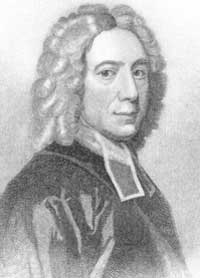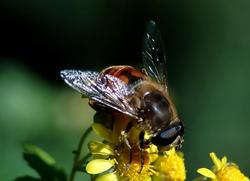The Father of English Hymnody died 260 years ago today. I suppose if you write about 750 hymns you should be called a “father of something”…. There’s hardly a week that goes by that Isaac Watts’ music isn’t used. Watts, a well-educated man though he was prevented from studying at Oxford because of theological views. He was considered a
 nonconformist, known as Congregationalist in the USA. Yale University holds the papers of Watts.
nonconformist, known as Congregationalist in the USA. Yale University holds the papers of Watts.
Watt’s originality is that he revolutionizes music written for sacred worship by using the philosophy known through the 16th century Protestant Reformers, namely that of John Calvin. The Reformers made a significant departure from the Roman Church’s use of psalmody for the entrance, gospel and communion antiphons at Mass and the Divine Office. The ancient usage was jettisoned; the connection with Old Testament types rejected when the Psalms were rejected. The replacement music added extra-Biblical poetry and Christian experience for content, verse forms and metrical translations replaced chant, and congregational singing was employed figuring that the truth revealed in Scripture and doctrine about salvation in Jesus Christ would be more fully apprehended if the liturgical music was in the vernacular and “user friendly” hymns.
On another note, Isaac Watts’ poem “Against Idleness And Mischief” found in Divine Songs for Children, a poem that uses the bee as a model of hard work and later parodied in Alice’s Adventures in Wonderland.
How doth the little busy bee
Improve each shining hour,
And gather honey all the day
From every opening flower!
How skillfully she builds her cell!

How neat she spreads the wax!
And labours hard to store it well
With the sweet food she makes.
In works of labour or of skill,
I would be busy too;
For Satan finds some mischief still
For idle hands to do.
In books, or work, or healthful play,
Let my first years be passed,
That I may give for every day
Some good account at last.